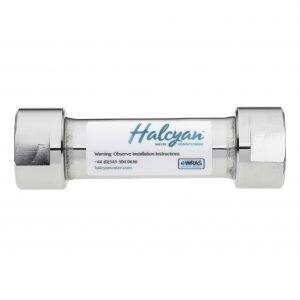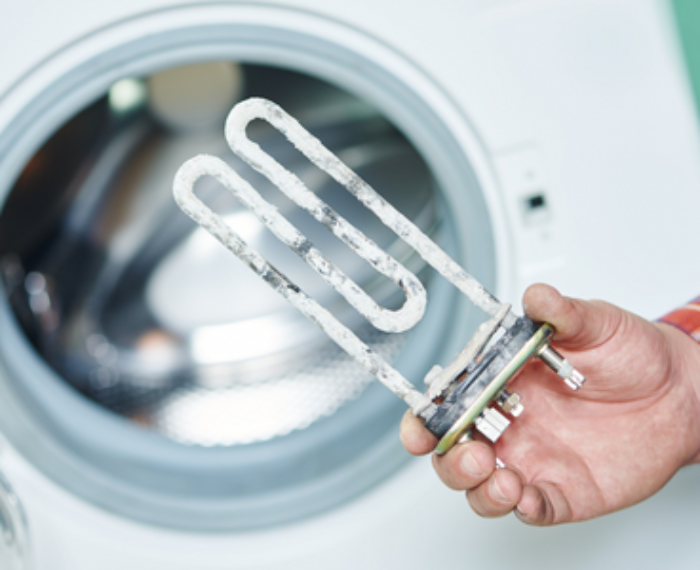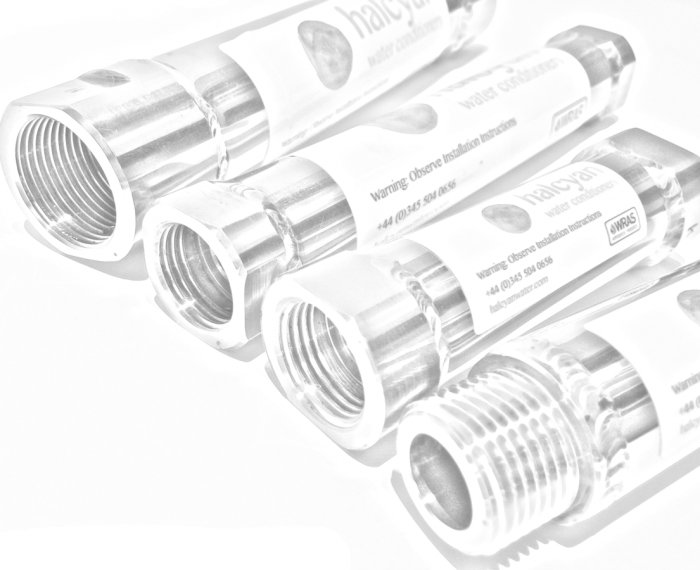So you’ve decided something needs to be done about the limescale plaguing your home, but now you have to choose between a water softener or a water conditioner. Where here to help you with that decision. Traditionally the water softener is the go to limescale treatment method in the UK, however, they are not the only option. Water conditioners are an alternative method to dealing with the unpleasant, time consuming and costly issue that is limescale. So without further a do let’s look at the key differences between these two systems.
1. Approach:
Fundamentally, water softeners and water conditioners have different approaches to dealing with hard water and its effects. A water softener deals with hardness by removing the minerals from the water using a process known as ion exchange. This process requires regular top-ups of salt to function. By contrast, a water conditioner takes a less invasive approach. Conditioners target the minerals directly and alter their behaviour preventing scale without removing the minerals from the water. There are several different types of water conditioner on the market which use different methodologies to achieve this.
2. Operation:
These systems take very different approaches to the hard water problem. But what does this mean in practical terms?
With a well-maintained, quality water softener you should no longer experience any limescale build up at all on surfaces. Your water will also feel softer and less aggravating on your skin and hair. You will however, need a separate drinking tap, as drinking softened water isn’t recommended (advice from British Water). You’ll also need to diligently maintain your water softener and regularly top it up with salt, the harder your water, the more salt you’ll be consuming.
With a water conditioner the vast majority of your equipment and pipework will be limescale free. Conditioners result in non-bonding residue on surfaces which makes cleaning significantly easier. You will also see many of the soft water benefits (gentler on skin, using less washing products) if you invest in a premium conditioner. You won’t need separate plumbing for drinking water as nothing has been added to, or removed from the water. Most conditioners are very low maintenance with many requiring no maintenance whatsoever, there are some exceptions to this such as TAC systems.
3. Running Cost:
Water softeners require regular upkeep and replacement of salt (in block or loose form) and as such have a running cost of roughly £65 per year depending on water usage and hardness levels. This doesn’t include additional servicing costs which may arise during the salt softeners lifecycle. Most water conditioners have low running costs with some having no additional costs whatsoever.

4. Water consumption
Water softeners need to consume approx. 1/3 of your household water supply for daily backwashing. Water usage will of course, depend on the make and model of the water softener, some will be more water efficient and others will be real water guzzlers. Water conditioners consume no additional water as they do not add or remove anything from the system. They are also more environmentally friendly for this reason.
5. Space
Water softeners take up about half of your average kitchen unit in cupboard space, just for the system itself. This doesn’t include space for storing salt or any additional pipework that is needed for separate drinking water. By comparison, water conditioners take up no additional space, as they are inline systems connecting directly into your water supply. Domestic sizes range from around 15 to 30 cm in length.
6. Investment
Water softeners have a lifespan of between 10-20 years and are likely to require some form of maintenance within that time frame, some even recommend annual servicing. The lifespan of water conditioners can vary depending on the conditioning methodology employed. Sacrificial anode systems will last between 6-7 years, other galvanic systems can last between 10-20 years. The Halcyan will last 30 years.
We hope this general overview has been helpful in giving you a place to start in choosing between a water softener vs a water conditioner. If you’re interested in our method for treating hard water why not check out our system explained page!




